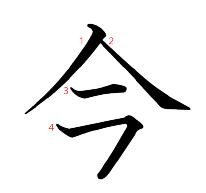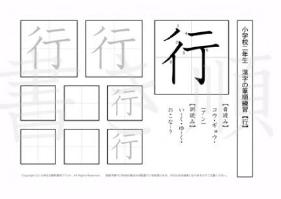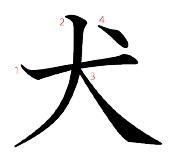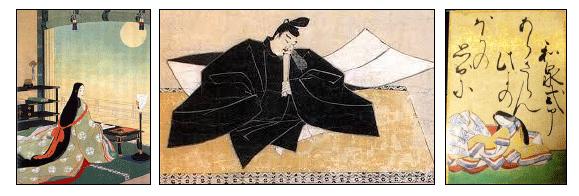Review of the verbs and negatives "ません- masen"
Contents: Review of the verbs and negatives “ません- masen”
Aim: How do I say something I don’t do?
New Vocabulary:
Japanese | Romaji | English |
だから | Dakara | So, therefore |
まいあさ(毎あさ) | Mai asa | Every morning |
はしります/はしりません | Mashiri masu | To run / not to run |
でも | demo | but |
たくさん | takusan | A lot |
やさい (Review of Lesson 10) | yasai | Vegetable(s) |
えさ | esa | Animal feed |
ワイン | wain | wine |
Sample Sentences:
わたしはきのうがっこうに行きました。(I went to school yesterday.)
Watashi wa kinoo gakkoo ni iki mashita.
だから今日は行きません。(So I won’t go today.)
Dakara kyoo wa iki masen.
わたしは、毎あさはしります。(I run every morning.)
Watashi wa mai asa hashiri masu.
でもきょうは、雨なのではしりません。(But I don’t run today because of rain.)
Demo kyoo wa ame nanode hashiri masen.
わたしはあさごはんをたべません。(I don’t eat breakfast.)
Watashi wa asa gohan o tabe masen.
でもおひるごはんをたくさんたべます。(But I eat lunch a lot.)
Demo ohiru gohan o takusan tabe masu.
エンリケはビールをのみません。(Enrique does not drink beer.)
Enrique wa biiru o nomi masen.
でもワインをのみます。(But he drinks wine.)
Demo wain o nomi masu.
おかあさんはきのうやさいをたくさんかいました。(Mother bought a lot of vegetables yesterday.)
Okaasan wa kinoo yasai o takusan kai mashita.
だから今日やさいをかいません。(So she does not buy vegetables today.)
Dakara kyoo yasai o kai masen.
こどもたちはやさいをたべません。(Children do not eat vegetables.)
Kodomo tachi wa yasai o tabe masen.
わたしのおかあさんは犬にえさをあげます。(My mother gives food to the dog.)
Watashi no okaasan wa inu ni esa o age masu.
わたしのおとうとは犬にえさをあげません。(My younger brother does not give food to the dog.)
Watashi no otooto wa inu ni esa o age masen.
| S-29-1 |
Lesson Point:
As you have already learned that verbes are changed to their past tense by changing “masu” to “mashita”. Verbs are now changed to their present negative form by replacing the -masu word ending with -masen.
Writing Practice – Kanji
今日(kyoo) - “今” is also pronounced “ima” and means now. When combined with “日”, it means “now day” hence today.

行く- to go

犬 – As you can see, this character was born from a standing dog with wagging tail.


